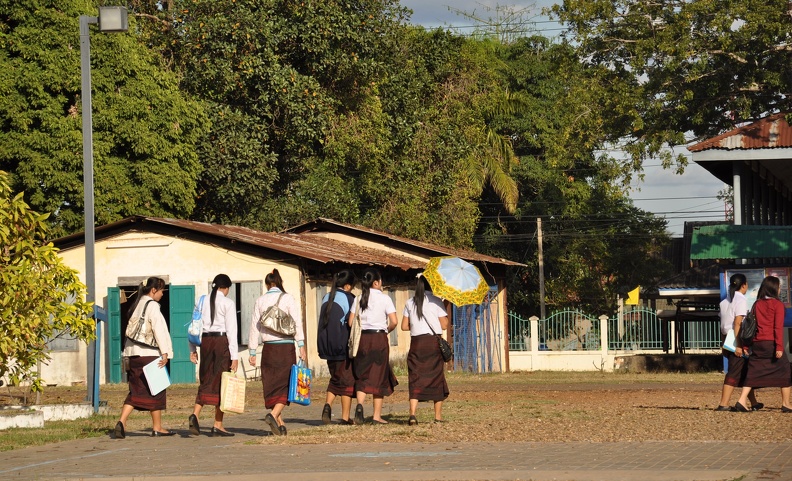In highland Ecuador, efforts to protect landscapes and sustain livelihoods have been strengthened by renewed political organizing. This includes action at the local level (recovering shared resources and managing the commons) and nationally (engaging with constitutional rights to ‘Buen Vivir’ or ‘Harmonious Living’). Based on ethnographic fieldwork with the indigenous community of San Isidro, this paper explores how commons resources have been repurposed to meet contemporary community needs and to facilitate cooperation with neighbouring communities. These actions further facilitated successful protest movements against the local expansion of agro-industrial plantations and in defense of Buen Vivir – with repercussions for how we think about links between the commons, conservation, and political mobilization.
Tristan Partridge is a Postdoctoral Research Fellow at the ICTA Institute of Environmental Science and Technology (Universitat Autònoma de Barcelona) working on environmental justice and indigenous political action. He received a Ph.D. in Social Anthropology from the University of Edinburgh and has conducted fieldwork in Ecuador, the UK, India, and the US. Through projects on land and water rights, energy, and community organizing, his research examines the use and extraction of natural resources and the uneven distribution of related socio-ecological impacts. He is an affiliated Research Fellow at the University of California, Santa Barbara.
url: https://ictaweb.uab.cat/personal_detail.php?id=4074
twitter: @TristanPartridg
Nidia Catherine Gonzalez Pineros
Abstract
This presentation focuses on the knowledge of indigenous territoriality in rainforest and its importance for the provision of global goods such as biodiversity, public health and food security. In developing countries national forestry policies and private investment still pursue the maximisation of timber and mineral resources productivity, rather than investing in carbon neutral goods or in cultural ecological heritage. This presentation shows how shifting cultivation in agroforestry represents an empirical use of connectedness, showing how it can lead toward a collaborative perspective of values on human-nature relationship to solve contemporary problems related to forestry management. These practices are common enough to be called principles, evidence of these systems is common in Asia, Africa and South America. The circulation of knowledge across multiple levels of governance require new methodologies and new modes of governing resources.
Nidia Catherine Gonzalez Pineros is a research fellow in innovation on governance and climate change at the School of Political and Social Sciences, University of Bologna, Italy & Universidad Santo Tomas, Colombia. Her work focuses on global environmental politics, local governance and REDD+, the role of innovation and institutional change in developing countries in the current post-2015 negotiating process, with a regional specialism in Latin America. She holds a PhD from the Johannes Gutenberg of Mainz, Germany (2005) in Philosophy and Political Science, and a BA from National University of Colombia(2000) in Political Science. She joined University of Bologna in 2014 with 8 years’ experience of academic and policy research in South America and Europe. She is fluent in Italian, German and Spanish, and publish her work in these languages. Her research interest lies in understanding how local and global environmental governance can bridge to solve trans-national environmental problems, and how strategic resources in developing countries can be used to explore alternative mechanisms of regulation including intergenerational rights and new environmental policy instruments. Much of her recent work also explores how socio-technological innovation and institutional transformations produce and reproduce power relations, boundaries / synergies in the global South with implications for “new earth system governance”. She is interested in the empirical dimensions of these dynamics, especially inter scalar innovation processes.
